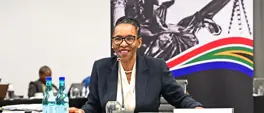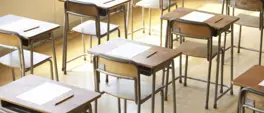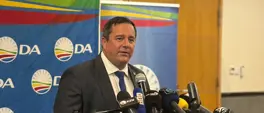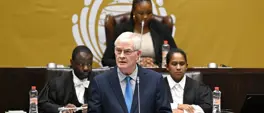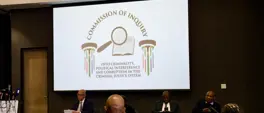Teachers as Adaptive Innovators: Insights from TALIS 2024 South Africa
Sponsored
22 October 2025 | 16:30Sponsored by TALIS
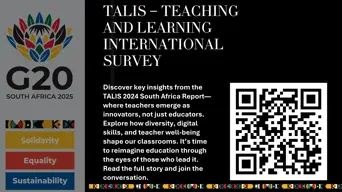
Teachers as Adaptive Innovators: Insights from TALIS 2024 South Africa
South Africa’s participation in the 2024 Teaching and Learning International Survey (TALIS) offers a timely lens into the evolving role of teachers.
As the only African country in the study, our education system stands at a crossroads—grappling with deep challenges, but rich in opportunity. The data highlights the urgent need to see teachers not merely as instructors, but as adaptive innovators shaping the future of learning.
In today’s dynamic world, teachers are increasingly being redefined as “adaptive designers of learning and cultural facilitators.” They are expected to go beyond content delivery and tailor learning for diverse classrooms.
Encouragingly, 93% of South African principals say their teachers lead their own professional development. This professional autonomy is vital—empowered teachers are more innovative, responsive, and resilient in complex classroom environments.
South Africa’s classrooms are among the most linguistically and culturally diverse globally. Managing this diversity, while integrating technology, adds pressure. As TALIS notes, such environments “increase a teacher’s workload and necessitate continuous upskilling.”
A significantly higher share of our teachers teach in multilingual settings compared to the OECD average—yet many feel underprepared. Still, this diversity can drive innovation, if backed by targeted support. Investing in continuous professional development—especially in inclusive pedagogy, digital skills, and AI literacy—is key to transforming classrooms into creative, learner-centred spaces.
But innovation can’t flourish under strain. TALIS 2024 highlights an alarming burden on teachers: long hours, large class sizes, heavy marking loads, and escalating emotional stress.
Teachers spend only 66% of class time actually teaching, the rest consumed by admin and classroom management. These pressures are unsustainable. As the report states, there is an “urgent need to address factors that impact their well-being, workload… and retention of talent.”
One of the most striking—and troubling—findings is around mindset.
South African teachers showed the highest global endorsement of fixed beliefs about intelligence: more than half agreed that learners’ intelligence cannot change. This belief risks capping learner potential and stifling innovation. To move forward, we must foster a national shift toward a growth mindset—where teachers believe every child can grow and succeed with the right support.
The TALIS report is not just a mirror—it’s a blueprint for bold reform. Education leaders must invest in teachers’ growth, reduce bureaucratic burdens, create emotionally supportive environments, and challenge outdated assumptions. As the report reminds us, “Ultimately, the quality of our education system rests on the quality of our teaching profession.”
South Africa’s teachers remain our greatest asset in securing a just and prosperous future. Let’s honour their commitment by equipping them with the tools, trust, and conditions they need to innovate and inspire. The time to act is now.
Get the whole picture 💡
Take a look at the topic timeline for all related articles.
